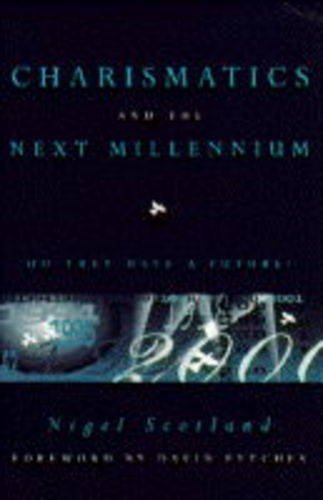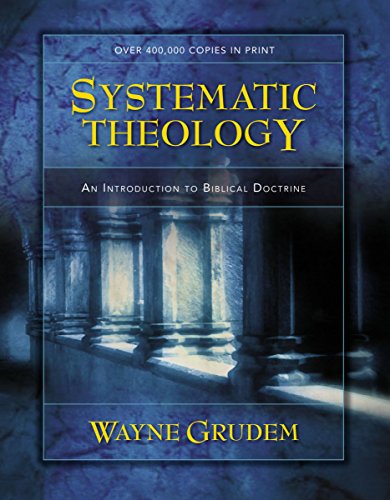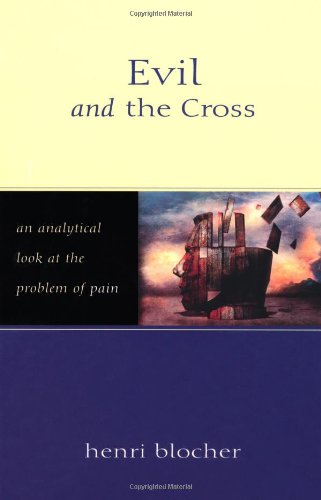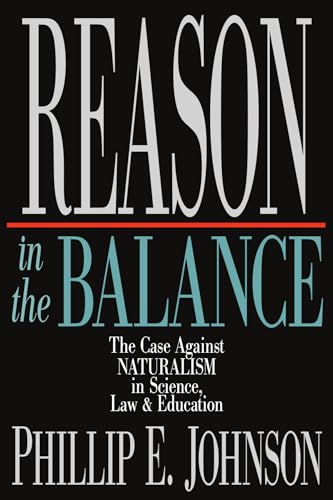Paul: Follower of Jesus or Founder of Christianity?
Written by David Wenham Reviewed By Frank ThielmanIt is well known that the English translation of Rudolf Bultmann’s Theology of the New Testament devotes only 29 pages to the theology of Jesus and 165 pages to the theology of Paul. Bultmann believed that little could be known of Jesus’ theological perspective, that much could be known about Paul’s, and that Paul was interested in the Christ of faith, not in the Jesus of history. Much contemporary scholarship on the relationship between Jesus and Paul agrees with Bultmann’s perspective. Paul, it is pointed out, rarely refers to Jesus’ teaching, and, when he does, appears to handle it critically rather than appreciatively. In his well-written and exhaustive book on the subject, however, David Wenham questions this approach. Wenham proceeds cautiously, aware of possible objections that his connections are too ingenious or that the influence, if any, runs from Paul to the Gospel writers rather than from Jesus to Paul. In an initial, methodologically oriented chapter, Wenham lays out his plan for handling these problems: he will give greatest weight to texts where certain ‘tradition indicators’ (e.g. ‘… I command—not I, but the Lord’, 1 Cor. 7:10) clearly imply Paul’s reliance upon a repository of early Christian information about Jesus, but he will also not ignore the cumulative force of the many less obvious echoes of Jesus’ teaching in Paul’s letters. The central portion of the book devotes a chapter each to six aspects of Jesus’ teaching: the kingdom of God, the identity of Jesus, the significance of Jesus’ death, Israel and the church, ethics, and eschatology. In each chapter Wenham first compares Jesus and Paul on the topic under scrutiny, and then evaluates the possibility that Paul was in some way indebted to Jesus’ teaching on that subject. The material on Jesus in these chapters could stand by itself as a concise theology of Jesus’ teaching, and students will find the book worth its price for these helpful summaries alone. Still, the chief contribution of the book is Wenham’s comprehensive case for a close connection between the theologies of Jesus and Paul. Wenham finds substantive connections between them on each of the six themes that he investigates. He discusses at length the texts commonly cited in support of Paul’s interest in the Jesus tradition and concludes reasonably that Paul’s 13 references to ‘the kingdom’ or ‘the kingdom of God’, his two references to God as Abba, his use of the Lord’s Supper tradition, his allusions to the synoptic mission discourse, to Jesus’ teaching on divorce, and to the eschatological saying about the thief coming in the night all point in the direction of a connection. Wenham goes beyond this evidence, however, to provide a detailed investigation of Paul’s more subtle echoes of Jesus’ teaching. Taken alone, these allusions to the Jesus tradition look like unimpressively coincidental references to common themes, but together, says Wenham, they form a cumulative case that is difficult to refute. For example, Wenham maintains that the connection between Paul’s letters and Jesus’ teaching on the kingdom goes deeper than Paul’s 13 explicit references to the kingdom indicate. Might not Paul’s claim that the Thessalonians ‘received the word with joy’ in 1 Thessalonians 1:6 reflect the parable of the sower? Are not Paul’s comments about eating certain foods in Romans 14:14; 1 Corinthians 6:12–13; and Colossians 2:21–22 echoes of Jesus’ teaching on human traditions and the cleanness of one’s heart? In his two concluding chapters, Wenham suggests that when the evidence for Paul’s familiarity with the outline of Jesus’ career is combined with the evidence for Paul’s familiarity with discrete blocks of Jesus’ teaching, the probability grows that Paul knew a narrative form of the gospel not dissimilar to the canonical Gospels. This important part of Wenham’s case is reminiscent of C.H. Dodd’s answer to the form-critical approach to Gospel origins, especially as Rudolf Bultmann articulated it. Wenham now adds his voice to Dodd’s by cautiously suggesting that the origins of the gospel genre lie in the attempt of the Gospel writers to fill out the earliest preaching of Jesus’ story. If that is true, then Paul, as an early preacher, would have surely been deeply indebted to the story of Jesus in his own evangelistic preaching and ethical teaching. The persuasiveness with which Wenham argues his case, and the far-reaching implications of his thesis for both gospel and Pauline studies, make this book a significant contribution to both fields. The student of the Gospels will discover here a compelling argument for the conservative preservation of Jesus traditions among the earlier churches, and the student of Paul will find a persuasive case for the theological indebtedness of Paul to those traditions. For these reasons this study deserves a wide readership among students are professional scholars alike, and promises to make an enduring contribution to the theological study of the NT.
Frank Thielman
Beeson Divinity School, Samford University, Birmingham, Alabama







